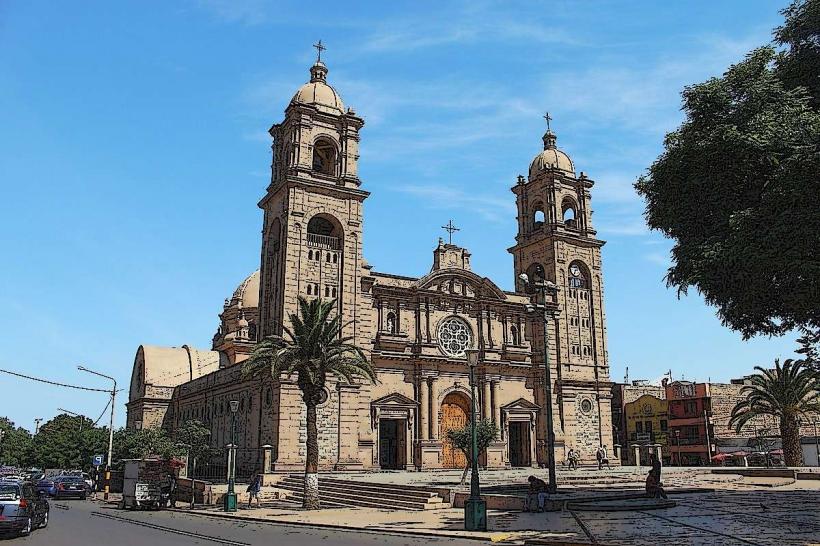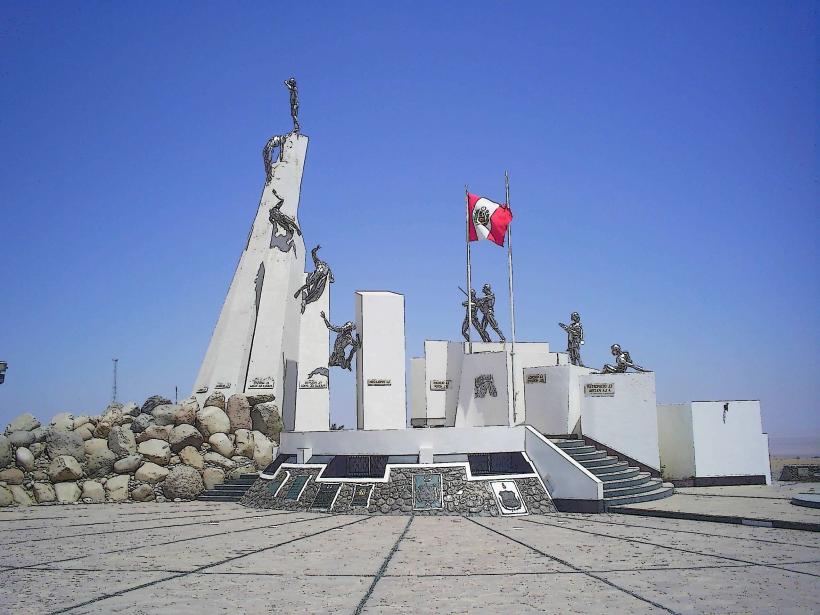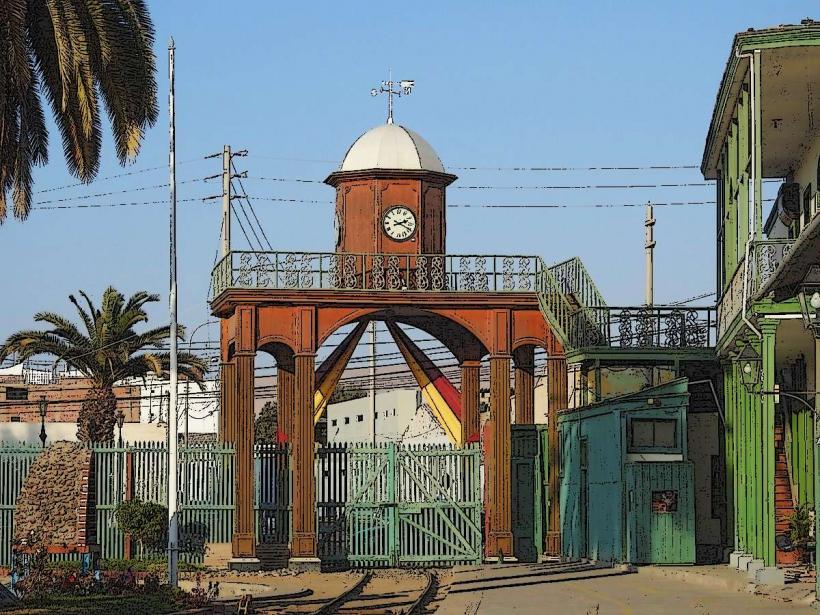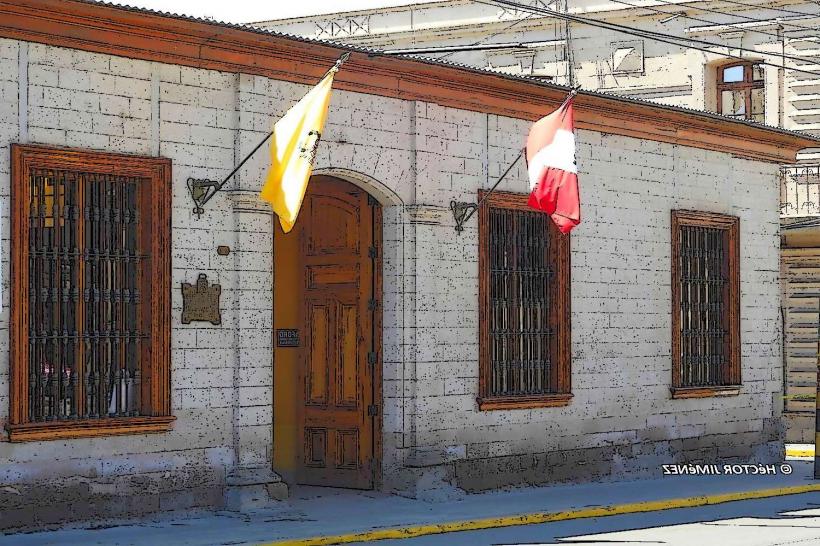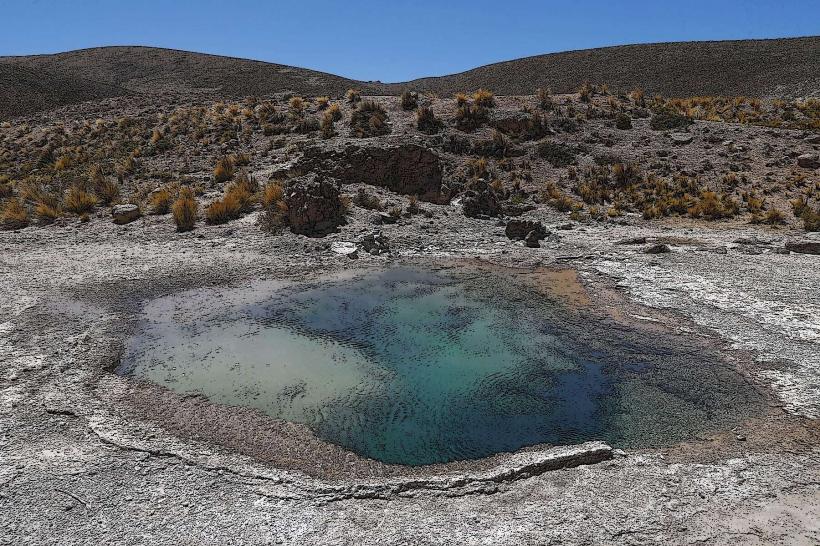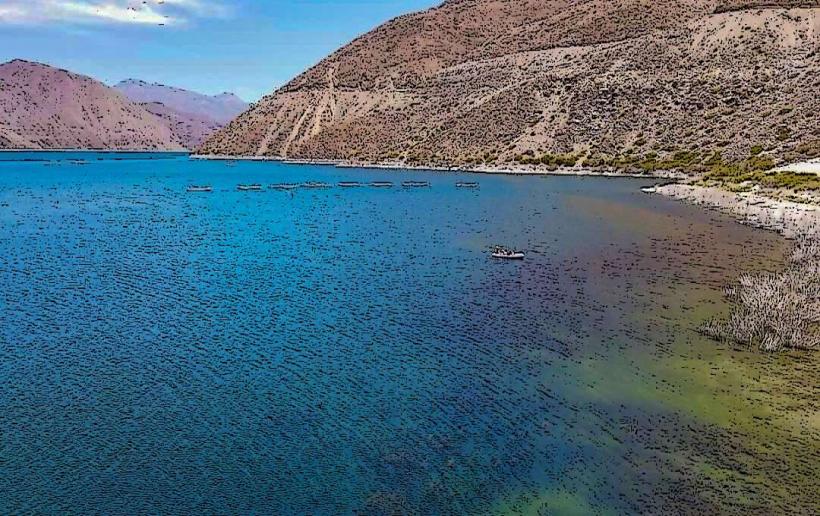Information
Landmark: Miculla PetroglyphsCity: Tacna
Country: Peru
Continent: South America
Miculla Petroglyphs, Tacna, Peru, South America
The Miculla Petroglyphs are an impressive archaeological site located about 22 kilometers (13.7 miles) northeast of Tacna, Peru. These ancient rock carvings are one of the most significant pre-Columbian heritage sites in southern Peru, offering a glimpse into the culture, beliefs, and daily lives of the region's early inhabitants.
1. Historical and Cultural Significance
- Age: The petroglyphs date back to 500–1500 CE, with some experts suggesting they could be even older, possibly created by early Aymara or Quechua-speaking cultures.
- Purpose: The carvings are believed to have had ceremonial or ritualistic importance, possibly linked to fertility, astronomy, or religious practices. They also depict scenes of daily life, reflecting the social and cultural aspects of the people who created them.
- Cultural Attribution: The site is often associated with the ancient Tihuanaco (Tiwanaku) and Wari cultures, both of which influenced the Andean region before the rise of the Inca Empire.
2. The Petroglyphs
Themes and Symbols:
- The carvings depict a variety of subjects, including:
- Humans: Figures engaged in hunting, dancing, or ceremonial activities.
- Animals: Llamas, alpacas, felines, snakes, and birds, often symbolizing important elements of their environment and beliefs.
- Geometric Patterns: Spirals, concentric circles, and zigzags, possibly representing celestial bodies or spiritual concepts.
- Some carvings suggest a connection to fertility rituals, with depictions of human figures in symbolic poses.
Carving Technique:
- The petroglyphs were etched into volcanic rock surfaces using tools made from harder stones, creating shallow, weather-resistant grooves.
3. Geographic and Natural Context
- Setting: The petroglyphs are scattered across a rugged landscape of volcanic rock formations in the Miculla Valley.
- Bridge of Miculla:
- A modern suspension bridge, built to improve access to the site, is a popular attraction for visitors. It spans the Pachía River and offers stunning views of the surrounding valley.
4. Interpretations and Theories
- Scholars have proposed several theories about the purpose of the petroglyphs:
- Ritual Significance: The presence of human figures and animals may indicate rituals related to agriculture, hunting, or fertility.
- Astronomical Alignments: Some symbols are thought to represent constellations or celestial events, reflecting the ancient peoples' knowledge of astronomy.
- Communication: The carvings might have served as a form of storytelling or historical record-keeping.
5. Visiting the Miculla Petroglyphs
How to Get There
- The site is accessible via a short drive from Tacna. Many visitors hire taxis or join guided tours from the city.
What to Expect
- Walking Trails: The site features walking paths that allow visitors to explore the petroglyphs up close.
- Visitor Center: A small visitor center provides interpretive displays and information about the site’s history and significance.
Tips for Visitors
- Best Time to Visit: Early morning or late afternoon, to avoid the intense heat of the desert and to see the carvings highlighted by natural light.
- Wear Comfortable Clothing: The area is rocky and arid, so sturdy shoes and sunscreen are recommended.
- Photography: Bring a camera, as the petroglyphs and surrounding landscapes offer excellent photo opportunities.
6. Conservation Efforts
- The Miculla Petroglyphs are protected as a cultural heritage site, but natural erosion and human activity pose ongoing threats. Visitors are encouraged to follow conservation guidelines, such as avoiding direct contact with the carvings.
The Miculla Petroglyphs are a remarkable testament to the creativity and spirituality of the region's ancient cultures.

